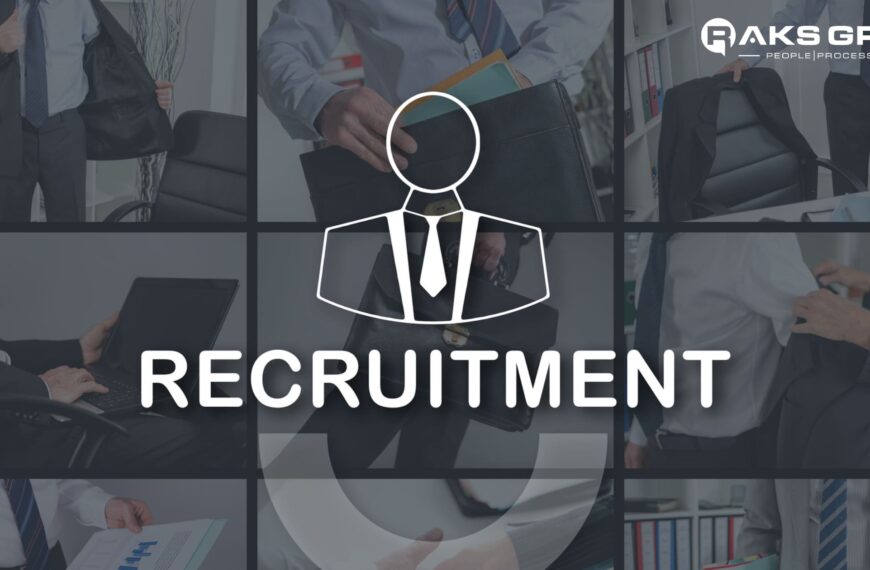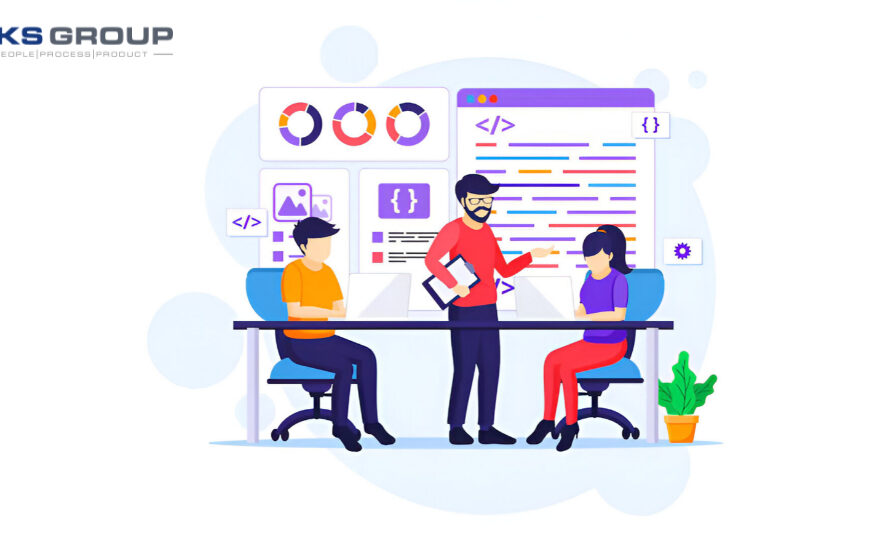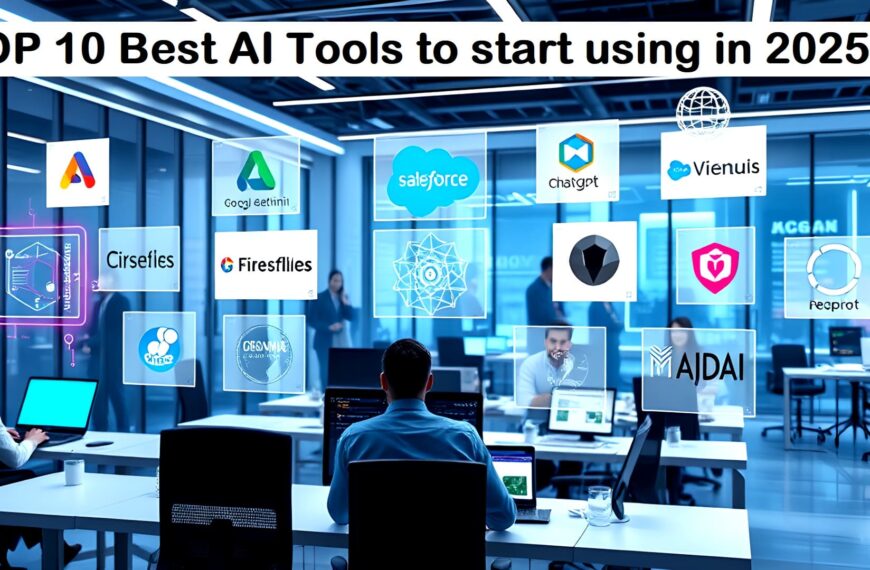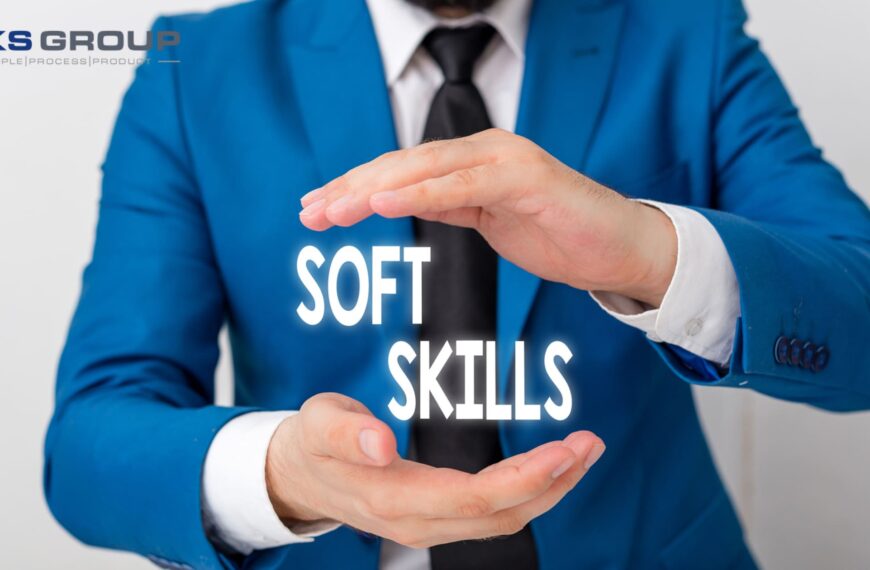The staffing and recruitment industry has been evolving rapidly, and artificial intelligence (AI) has become a game-changer in recent years. Among the many applications of AI, candidate matching in staffing software stands out as a revolutionary tool for recruiters. By leveraging AI-powered candidate matching, staffing firms can streamline their hiring processes, improve accuracy, and achieve unparalleled efficiency. In this blog, we will explore the unique benefits of AI-driven candidate matching, how it works, and why it’s the future of recruitment.
Why AI-Powered Candidate Matching is the Future
The traditional methods of recruitment often involve manual screening of resumes, repetitive data entry, and a high risk of human error. AI-powered staffing software eliminates these inefficiencies by automating candidate matching and making the process faster and more precise. With advanced machine learning algorithms, staffing software can analyze resumes, job descriptions, and other data points to find the most suitable candidates for a given position.
Key Benefits of AI-Powered Candidate Matching:
- Time Efficiency: AI algorithms process thousands of resumes in minutes, reducing time-to-hire significantly.
- Improved Accuracy: AI ensures candidates meet job requirements by analyzing skills, experience, and cultural fit.
- Enhanced Candidate Experience: Candidates receive timely updates and personalized communication, improving their overall experience.
- Cost Savings: Automating tasks reduces the need for extensive HR teams and minimizes hiring mistakes.
- Scalability: AI can handle large volumes of data, making it ideal for both small firms and large enterprises.
How AI-Powered Candidate Matching Works
AI-powered candidate matching employs machine learning, natural language processing (NLP), and data analytics to identify the best candidates for a role. Here’s how the process typically unfolds:
- Data Collection: The software collects and organizes data from resumes, LinkedIn profiles, job boards, and other sources.
- Resume Parsing: NLP algorithms break down resumes into structured data, extracting key details like skills, experience, education, and certifications.
- Job Description Analysis: AI analyzes the job requirements, including mandatory qualifications, preferred skills, and company culture.
- Matching Algorithms: The software compares candidate profiles with job descriptions to generate a match score for each candidate.
- Shortlisting Candidates: Based on the match scores, the system provides a ranked list of candidates, saving recruiters hours of manual work.
- Feedback Loop: With machine learning, the system improves its accuracy over time by incorporating feedback from recruiters and hiring managers.
Real-World Applications of AI Candidate Matching
- Diversity Hiring: AI can reduce unconscious bias by focusing solely on candidate qualifications and experience.
- High-Volume Recruitment: For industries like retail and healthcare, AI can manage large-scale hiring needs efficiently.
- Specialized Roles: AI helps identify niche skills and specialized candidates that are often overlooked in manual searches.
- Global Talent Acquisition: AI-powered tools enable recruiters to find top talent across borders, ensuring a diverse and skilled workforce.
Challenges and Ethical Considerations
While AI-powered candidate matching offers numerous advantages, it is not without challenges. Ethical considerations such as data privacy, algorithmic bias, and transparency must be addressed to ensure fair hiring practices.
- Data Privacy: Recruiters must comply with data protection regulations like GDPR and CCPA to safeguard candidate information.
- Algorithmic Bias: AI models should be trained on diverse datasets to prevent biased outcomes.
- Transparency: Clear communication about how AI makes decisions is essential for building trust with candidates and clients.
Best Practices for Implementing AI-Powered Staffing Software
- Choose the Right Software: Select staffing software with advanced AI capabilities and user-friendly interfaces.
- Train Your Team: Ensure your recruitment team understands how to use AI tools effectively.
- Monitor Performance: Continuously evaluate the software’s performance and provide feedback to improve accuracy.
- Integrate with Existing Systems: Seamless integration with applicant tracking systems (ATS) and customer relationship management (CRM) tools enhances efficiency.
- Prioritize Candidate Experience: Use AI to personalize communication and ensure a smooth application process.
Future Trends in AI for Recruitment
- Predictive Analytics: AI will predict hiring trends and workforce needs, helping businesses stay ahead.
- Chatbots: AI-powered chatbots will handle initial candidate interactions, improving response times.
- Skill-Based Matching: Advanced algorithms will focus on specific skills rather than job titles.
- Video Interview Analysis: AI will analyze candidate responses and body language in video interviews.
- Continuous Learning: Machine learning models will become more accurate as they process more data over time.
Conclusion
AI-powered candidate matching in staffing software is revolutionizing the recruitment industry. By automating manual tasks, enhancing accuracy, and improving candidate experience, AI enables staffing firms to focus on strategic decision-making and building stronger relationships with clients and candidates. While challenges remain, the benefits far outweigh the drawbacks, making AI a vital tool for modern recruitment.
















